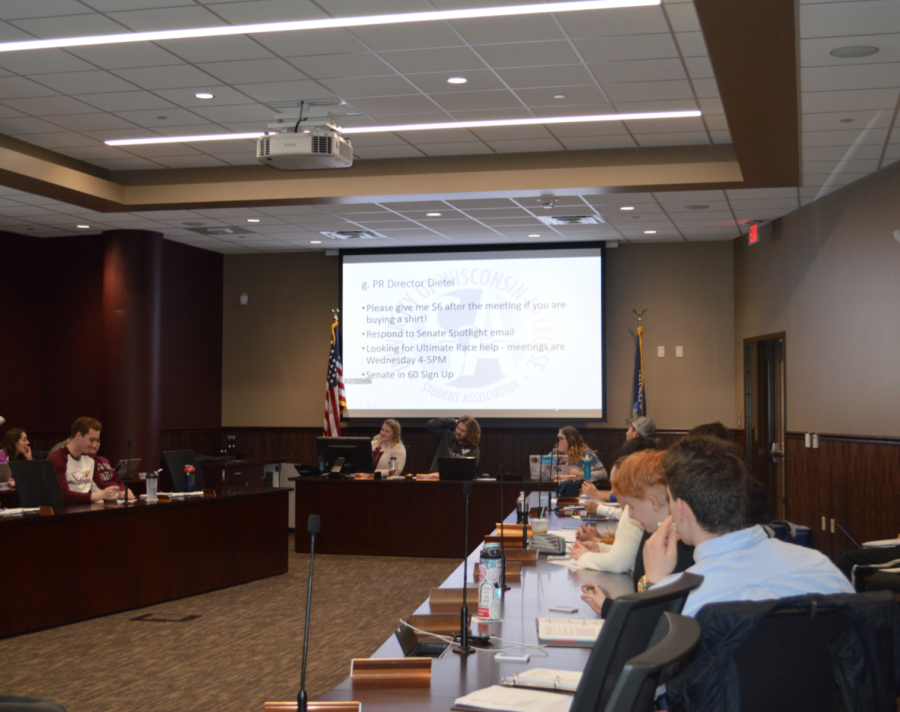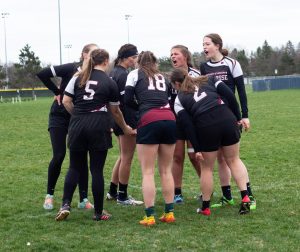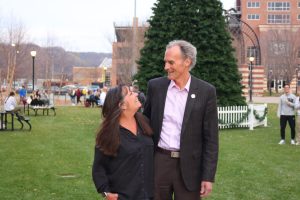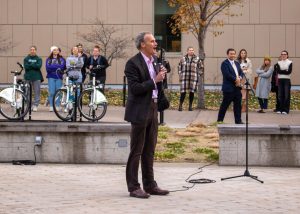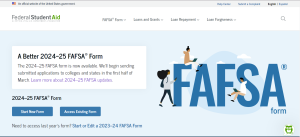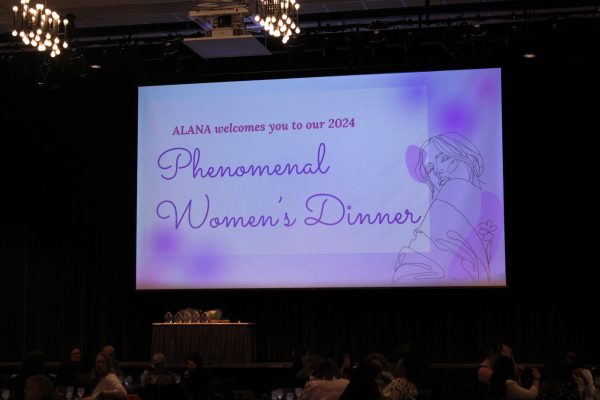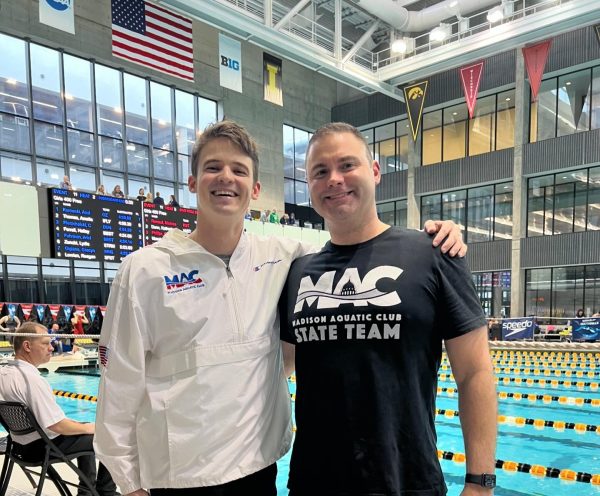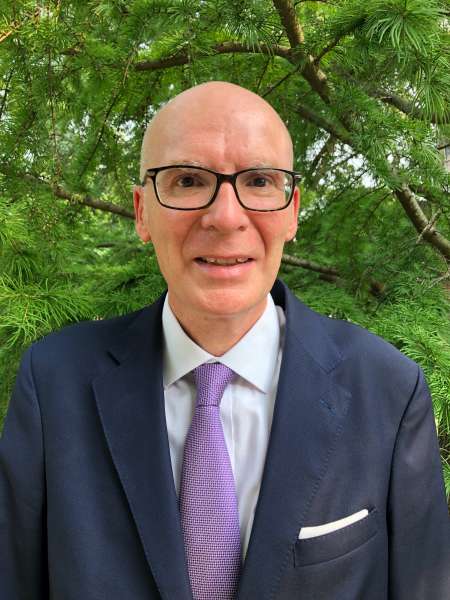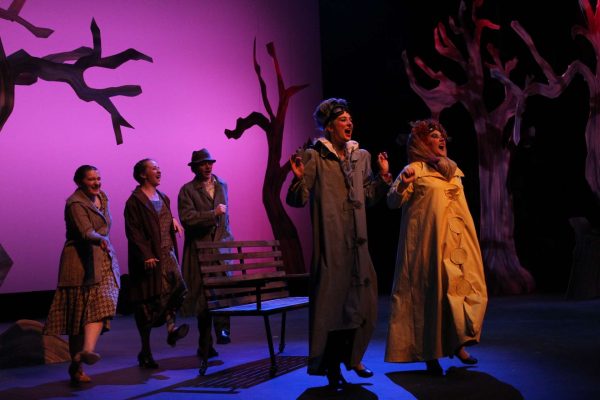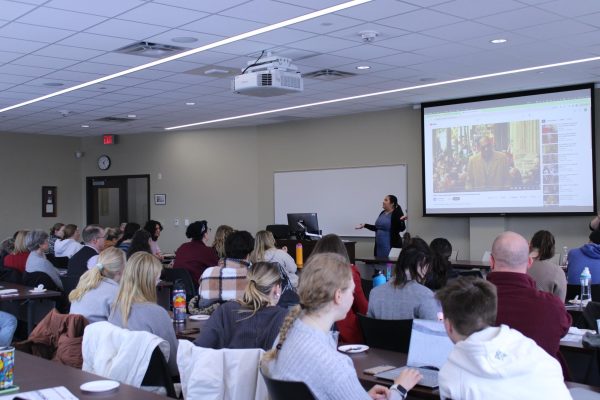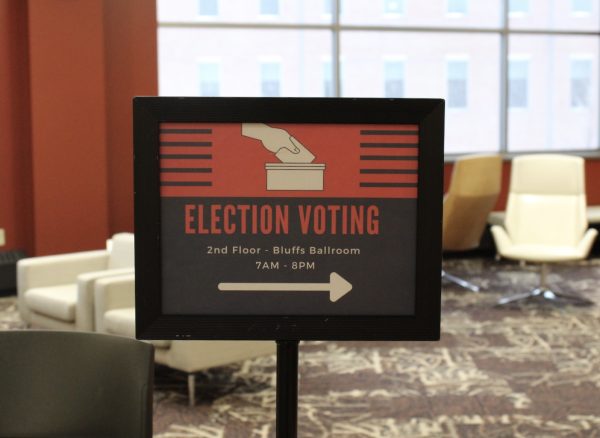Student Senate discusses counseling and testing center renovations
March 16, 2019
The Student Senate met on Mar. 13 and discussed two principal issues: sustainability and renovations to the counseling and testing center. The meeting began with a short overview by guest speaker Alec Smith who is the chair of UW student representatives. Smith discussed several resolutions passed at a recent meeting, including one supporting refugees in the UW System, “ensuring that all of our 26 campuses are open to everyone, including refugees who are students.”
Pres. O’Connell also addressed the Senate and spoke about a new feature available from the La Crosse municipal transit system. “An important new feature that I want to share with all of you is that MTU is going to have an app, and they’re rolling it out very soon.”
“SA1819-036: Resolution Prohibiting the use of the Green Fund toward Student Stipends,” was brought up. The green fund comprises a small portion of overall student fees dedicated to reducing carbon emissions on campus. It was first passed by the Student Senate in 2008 and a Senator sponsoring the resolution argued the green fund caused “more negatives than positives, which was the primary reason we drafted this resolution.”
One Senator voiced concerns that passing the resolution would limit environmental projects on campus, saying “for anybody who would like to see more sustainability and renewability projects on campus, I would urge you to vote no on this bill.”
However, other representatives worried about the lack of oversight of possible projects. “It scares me quite frankly,” said Sen. King, who questioned whether the resolution would impact the green bike program initiated by the outdoor connection center. Senators were assured it likely would not.
Dr. Bob Hetzel Vice Chancellor for administration and finance and Dr. Vitaliano Figueroa Vice Chancellor for student affairs and dean of students spoke to the Senate about the mental health issues facing University of Wisconsin – La Crosse students and how these could be addressed further to the public.
Figueroa discussed the interest to hire more counselors, “There is a need to bring on more counselors to minimize the wait time for our students to receive help.” He argued that the current space for the counseling and testing center limits staff and provides a cramped work environment. His current plan is to hire two to three new counselors with an additional counselor serving as a joint operative between the diversity and inclusion office and student affairs.
Hetzel then discussed possible renovations to the counseling and testing center, a project aimed at expanding the waiting room and creating a new group counseling room. This expansion would be made possible by utilizing a low-use classroom adjacent to the center, as well as relocating the “It Makes Cents” office to a new space in the student union. Hetzel justified this reallocation of space, noting that the area was “initially intended to be used for administrative student support services,” not academic classrooms.
Hetzel explained how the expansion would take place. Since renovating the counseling and testing center would take longer than a single semester, the project would progress in stages to be completed by Aug. 2020. The project would be costly, Hetzel admitted “It’s almost a half million dollars of renovations.”
However, both Hetzel and Figueroa stressed that the renovations would be worth the investment, arguing that expanding the center would decrease wait times and allow students better access to badly needed mental health services.

